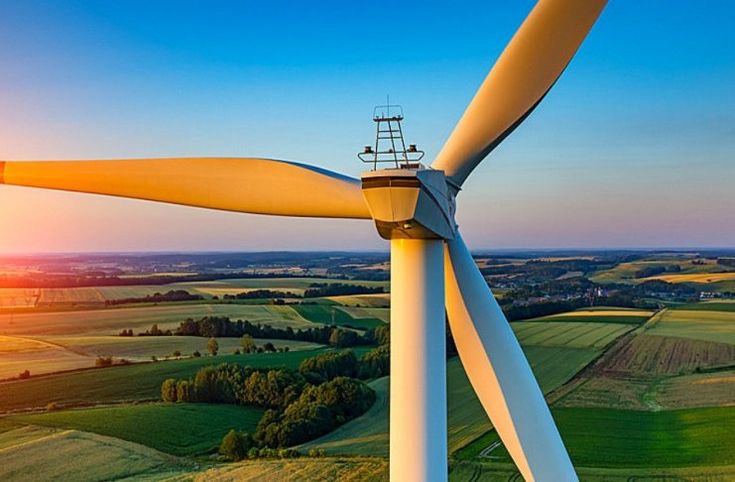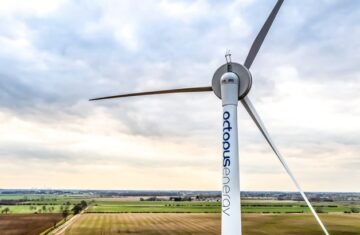What makes green energy so important?
As the global community grapples with the pressing challenges of climate change, environmental degradation, and the depletion of finite fossil fuel resources, the importance of transitioning to green energy has become increasingly clear. Green energy, which encompasses renewable and sustainable sources of power such as solar, wind, hydroelectric, geothermal, and biomass, offers a multitude of benefits that make it a critical component of a sustainable future.
The Environmental Imperative
Greenhouse Gas Emissions and Climate Change

The burning of fossil fuels, the primary source of energy for much of the world, has had a significant impact on the environment. According to the Environmental Protection Agency (EPA), the energy sector accounts for the largest share of greenhouse gas emissions in the United States, contributing over 25% of the total in 2020. The resulting climate change has led to a host of environmental issues, including rising sea levels, more frequent and severe natural disasters, and the degradation of ecosystems.
The Growth of Renewable Energy
In response to these concerns, the global community has made strides towards transitioning to renewable energy sources. In 2021, renewable energy sources accounted for approximately 20% of the total electricity generated in the United States, up from just 10% in 2010. The International Energy Agency (IEA) reports that the global share of renewable energy in total electricity generation reached 29% in 2020, a significant increase from 19% in 2010.
Economic Benefits of Green Energy
Cost-Competitiveness of Renewable Energy
The shift to green energy not only benefits the environment but also offers significant economic advantages. Renewable energy sources are increasingly cost-competitive with traditional fossil fuels, and the renewable energy industry has become a significant employer worldwide.
Declining Costs of Renewable Energy
According to the International Renewable Energy Agency (IRENA), the global weighted-average levelized cost of electricity (LCOE) from new renewable power generation technologies declined by 85% between 2010 and 2020. This has made renewable energy sources, such as solar and wind, more affordable and accessible for both residential and commercial consumers.
Job Creation in the Renewable Energy Sector

The growth of the renewable energy industry has also led to significant job creation. In 2020, the renewable energy sector employed over 12 million people globally, with the majority of these jobs in the solar photovoltaic and biofuels industries. The transition to green energy is expected to continue driving job growth in the years to come.
Health and Social Benefits
In addition to the environmental and economic benefits, the transition to green energy also has significant health and social implications.
Improved Air Quality
The reduction of fossil fuel emissions associated with the shift to renewable energy can lead to improved air quality, which has a direct impact on human health. According to the World Health Organization (WHO), air pollution is responsible for millions of premature deaths each year, with the majority of these deaths occurring in low- and middle-income countries.
Increased Access to Energy
The expansion of renewable energy infrastructure can also improve access to energy, particularly in underserved and remote communities. This can have a positive impact on education, healthcare, and economic development, contributing to a more equitable and sustainable future.
Conclusion
The importance of green energy cannot be overstated. The environmental, economic, health, and social benefits of transitioning to renewable and sustainable energy sources make it a crucial component of a sustainable future. As the world continues to grapple with the challenges of climate change, the shift to green energy will only become more imperative.



